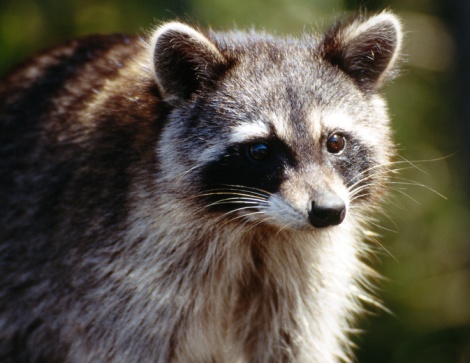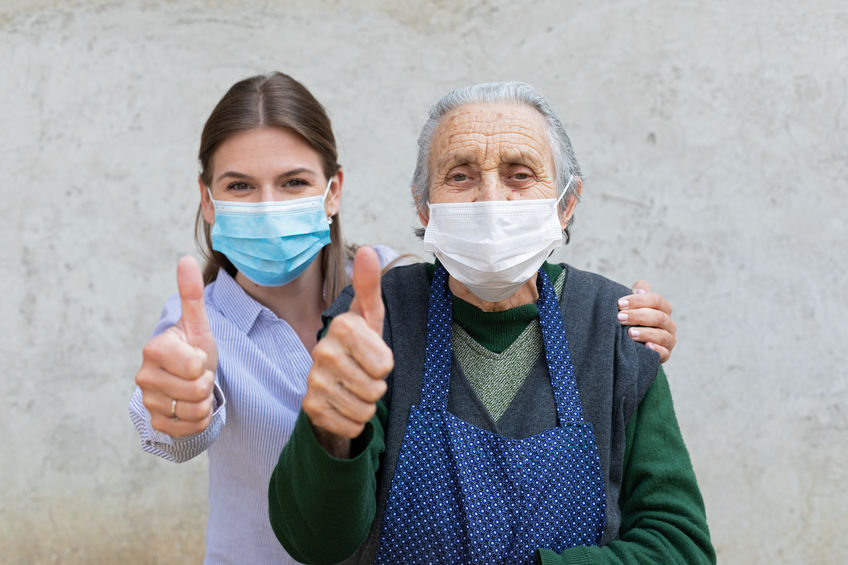Raccoons in area test positive for rabies

Residents and pet owners on the west side take note: Two raccoons tested positive for rabies in mid-January after coming into contact with two domestic pets – in two separate incidents about one week apart – one in Brockport and one in Hamlin.
Kim Miller, hospital manager at the Brockport Animal Hospital, says two dogs came into contact with the raccoons and were not protected by the rabies vaccine.
“Both dogs are now in quarantine,” Miller told the Suburban News Jan. 27. If the dogs begin to show signs of having the disease, they will be put to sleep, she says.
Miller reminds people to be vigilant about wildlife in their yards even during the winter months. She notes rabies is present in the area and it’s important that people never touch a wild animal. It’s also important that rabies vaccinations for pets be kept up-to-date.
“If your pet does tangle with a wild animal, call the vet,” she says. If their vaccines are up-to-date, they can and should receive a booster shot within five days of exposure, Miller adds.
If the pet is not protected, the veterinarian can advise on the best course of action.
“You probably also want to report it to the Health Department,” Miller advises.
The Monroe County Health Department website states that it responds to reported animal bites and potential rabies exposures – including consultation with medical personnel; submits suspected animal specimens to the NY State Laboratory in Albany for rabies analysis; and monitors the 10-day confinement and 6-month quarantine of domestic animals involved in contact with potentially rabid animals.
The New York State Department of Health says wild and stray animals should never be fed or touched. The NYSDOH also recommends family pets be kept inside at night and advises homeowners to keep their property free of stored bird seed or other foods that may attract wild animals. Feed pets indoors and tightly cap or put away garbage cans. Openings in your attic, basement, porch or garage should be boarded-up and your chimney covered with screens.
If you see a wild animal on your property, let it wander away, the Department of Health advises. Children and pets should be brought inside and you should alert any neighbors who are outside. You may contact a nuisance wildlife control expert who will remove the animal for a fee.



